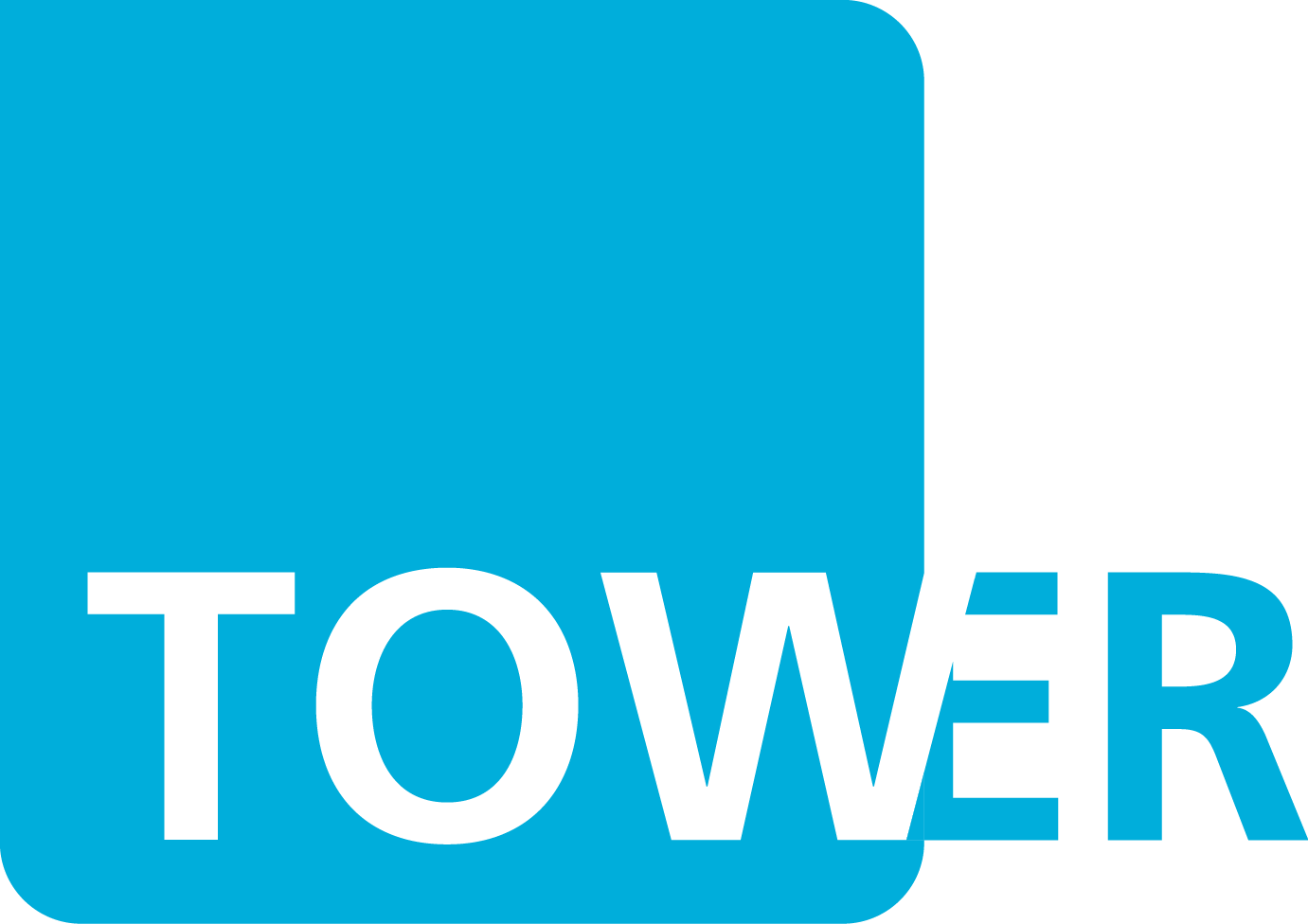It can be tempting to cast off blogs as just for Starbucks-loving millennials and those trying by to be ‘hip with the kids’. But the reason more and more people are getting into the blogging world is because it is becoming easier and easier to do. With sites such as WordPress making publishing articles online as easy as using Microsoft Word, the only real question is: Why are so many businesses so late to pick up a pen (or, more accurately, a keyboard) and get involved with the trend?
Starting a blog is a lot like starting a novel: you could just jump straight in and see where it takes you but it is much more advisable to have some sort of plan to help keep everything cohesive and to avoid stress down the line. This can be as simple as answering Who, What, When, Where and Why?
Who are you? To answer this question you need to review your company’s ‘personally traits’ in order to figure out what the voice and overall look of the blog will be. A new creative industry start up would most likely go with a more casual, light hearted tone whilst an existing law firm might use a more formal tone. What you want to achieve is for the blog to reflect what your client would find if they met for business with your company face to face.
What will you be blogging about? The key is to make it relevant to your business but also varied enough to keep your content interesting. Try to come up with all least five overarching categories your blog will fall under. This can be anything from staff profiles to discussions on the latest industry trends to an explanation of services on offer. These categories will also help when you are trying to come up with topics to write about for each blog.
When will you blog? The wrong answer here is ‘whenever I feel like it’. Consistency is king in the blogging world. Be realistic with your blogging timetable. Can only manage to publish a blog every other week? Then do that. Don’t set yourself up for failure by trying to publish a new blog every day.
Where will your blog be? It’s okay not to publish your blog on the homepage of your company’s website. However, if it is hard to find then people won’t find it. By including a link to the blog on the main pages of your website, this will help increase traffic flow to the blog, especially when you are first starting. Don’t forget to share your articles across your social media profiles too.
Why are you creating a blog? This may seem like a stupid question but the answer, although obvious, can sometimes get lost when you are trying to ensure that you meet your deadlines. All blogs, at whatever level, are created to engage people. What you are trying to connect people with varies from company to company but at the core of each blog is an exchange of ideas and information to help ensure that your customers have enough information to make a decision.
Once you have finished your plan you will be well on your way to becoming a professional blogger. Just remember, as your company evolves so should your blog. Revise your plan at least once a year in order to take into account what you have learnt since you started.
Happy blogging!





